Elon Musk Expresses Regret Over Attacks on Donald Trump
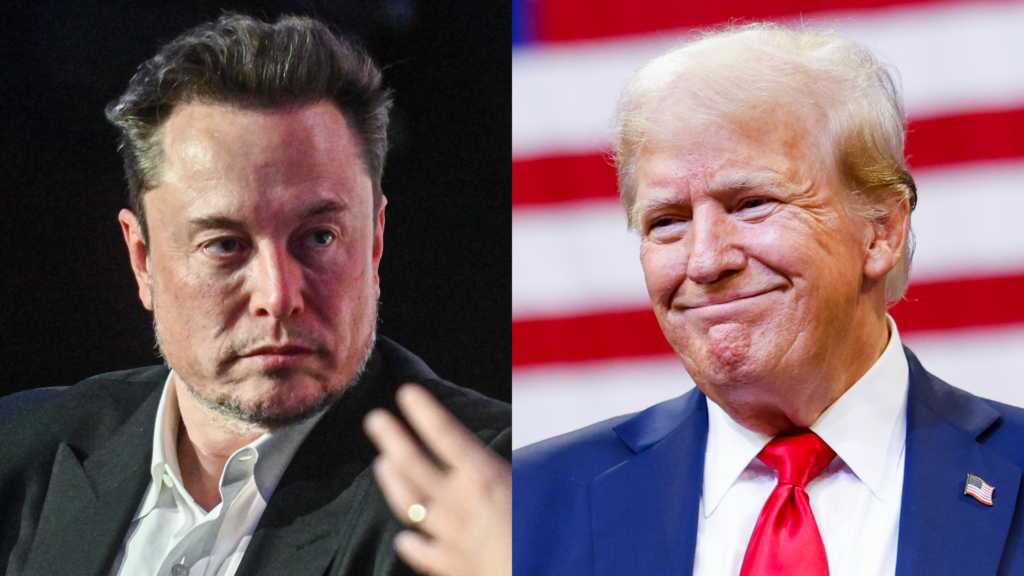
On June 11, 2025, tech magnate Elon Musk stunned the public by issuing a candid apology on social media, acknowledging that he regretted some of his recent posts targeting former President Donald Trump. This unexpected move comes after a dramatic falling-out between the two, whose relationship was once seen as both strong and mutually beneficial.
Strained Alliances and Political Fallout
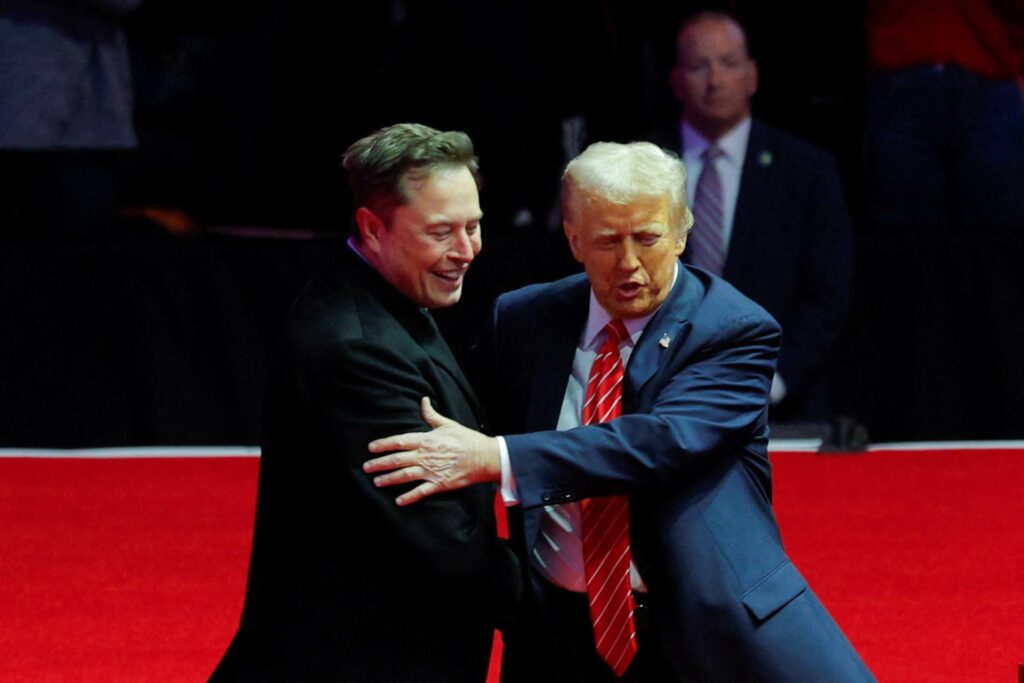
Musk’s statement marks a significant shift in tone, especially considering how deeply their conflict had intensified—rooted in major disagreements over federal budget plans and policy directions affecting Musk’s ventures. Their alliance, once pivotal in bolstering Trump’s return to the presidency, unraveled as tensions over spending priorities and green energy policies escalated.
Central to the dispute was the GOP-backed “Big Beautiful Bill,” a sweeping $4.5 trillion budget package proposing severe reductions in subsidies for electric vehicles and green technology—sectors vital to Tesla’s growth. Musk responded by publicly criticizing the bill, warning it could derail the clean energy movement and worsen the national debt.
Personal Accusations Escalate the Rift
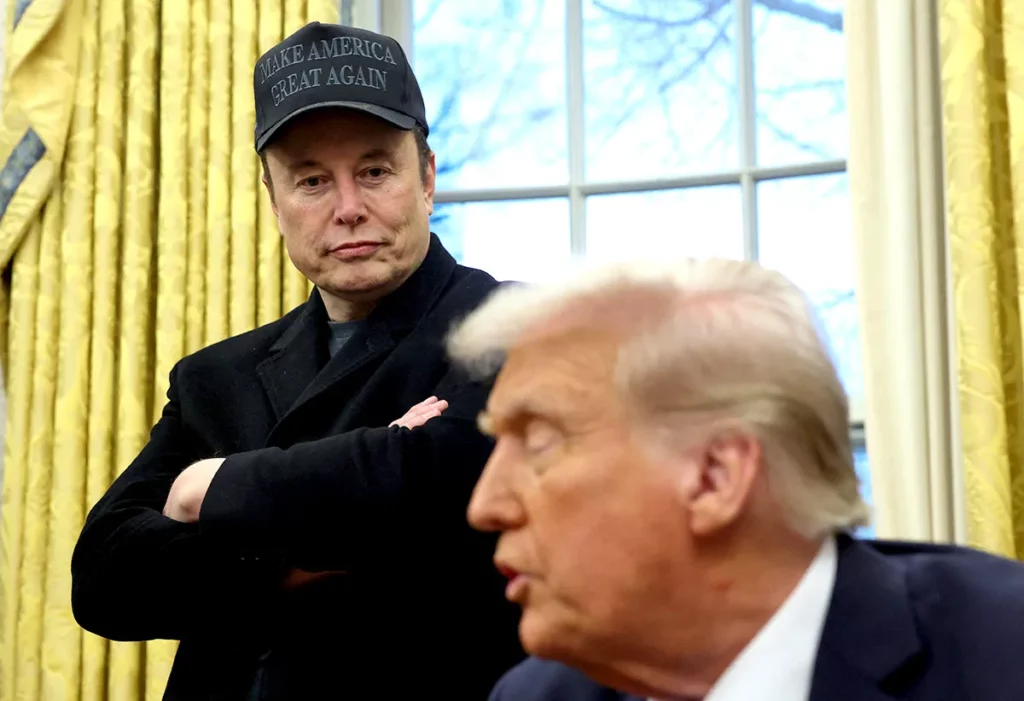
The feud went beyond politics. Musk’s posts veered into controversial territory when he alluded to Trump’s name in the context of the late Jeffrey Epstein. Although the White House quickly dismissed the claims, the damage was done. Musk’s direct style on social media, often provocative, drew backlash this time for becoming too personal.
His rare admission of fault—saying he “went too far”—appears aimed at damage control, though the rift remains unresolved. Trump, for his part, signaled no interest in reconciliation. On June 6, he declared that he had moved on from Musk, effectively severing ties with someone who had once been a trusted advisor.
Economic and Political Stakes
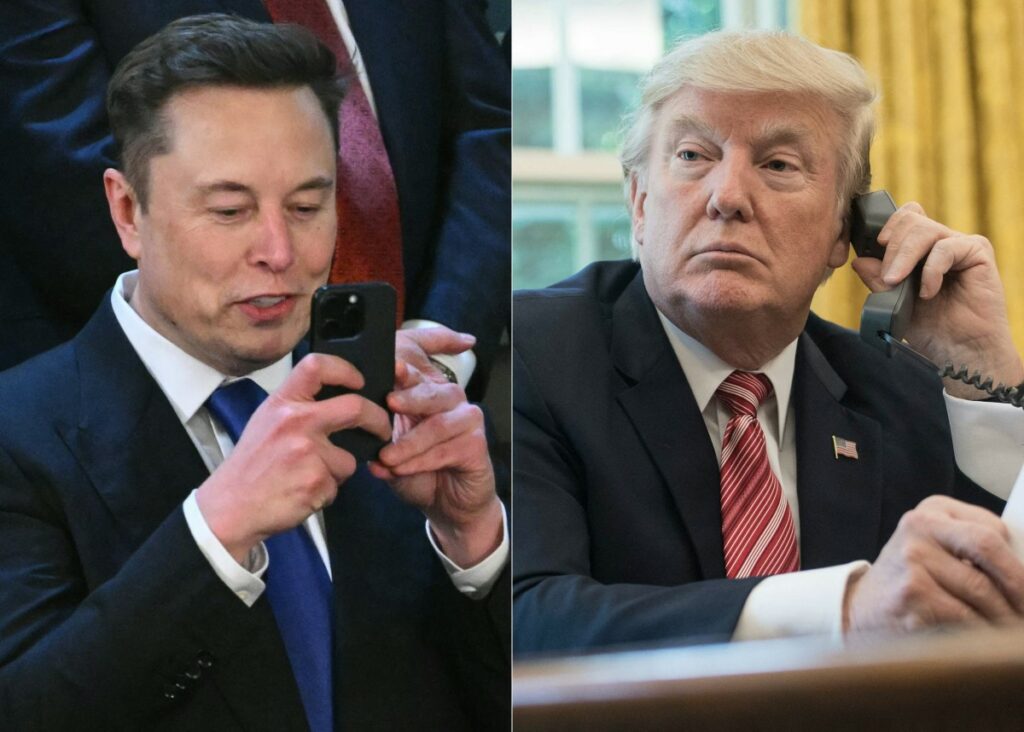
Elon Musk taking a picture with his phone ahead of US President Donald Trump’s address to a joint session of Congress in the House Chamber of the US Capitol in Washington, DC, on March 4, 2025. (L)
US President Donald Trump waiting to speak on the phone with Irish Prime Minister Leo Varadkar to congratulate him on his recent election victory in the Oval Office at the White House in Washington, DC, on June 27, 2017.. Donald Trump and Elon Musk’s unlikely political marriage exploded in a fiery public divorce on June 5, 2025, with the US President threatening to strip the billionaire of his huge government contracts in revenge. (Photo by SAUL LOEB and NICHOLAS KAMM / AFP)
Beyond the public drama, the implications are serious. The proposed budget cuts could significantly impact Musk’s businesses, particularly Tesla and SpaceX, which have long benefited from federal support for innovation in renewable energy and space exploration.
Musk’s criticism wasn’t just about self-interest; he painted the cuts as a threat to American competitiveness and innovation. Environmental groups and tech leaders echoed his concerns, warning of long-term consequences if the government withdraws support from green initiatives.
Future of Influence and Power
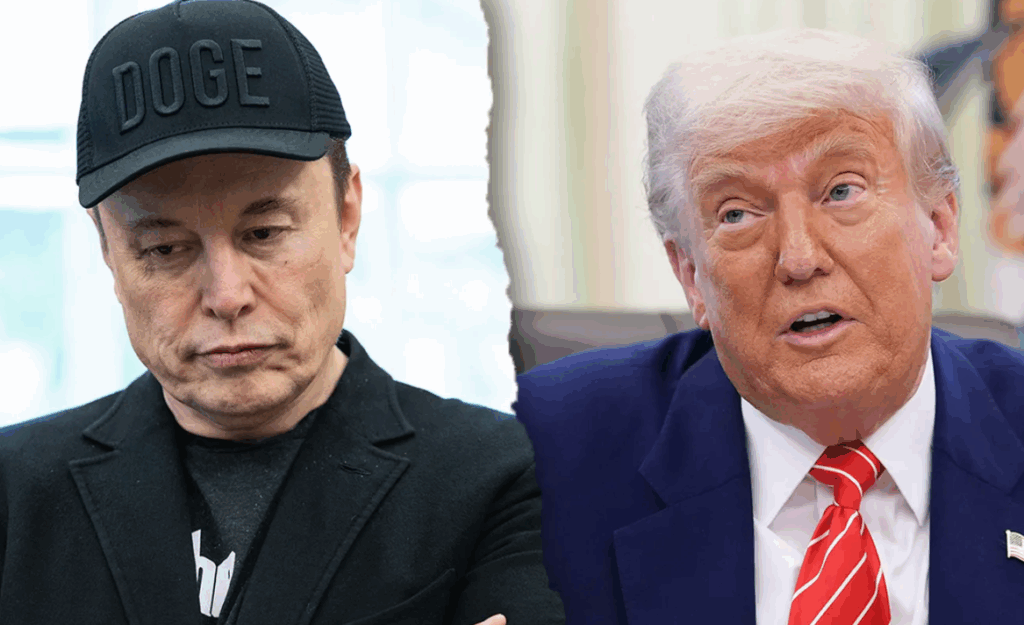
The dispute also raises broader questions about Musk’s future political influence. Once a darling of the Republican party, his outspoken opposition to its key policies may leave him politically isolated. Conversely, Trump risks alienating the tech community by burning bridges with one of its most prominent figures.
As both Musk and Trump navigate the aftermath of their fallout, the episode serves as a cautionary tale. For business leaders, it highlights the risks of entangling corporate interests too closely with political alliances. For politicians, it underscores the challenge of balancing ideological agendas with the realities of economic innovation.
In the end, Musk’s public regret might help soften the backlash but may not be enough to fully mend ties. The larger question is how this break will reshape the interplay between technology, policy, and power in the coming years.